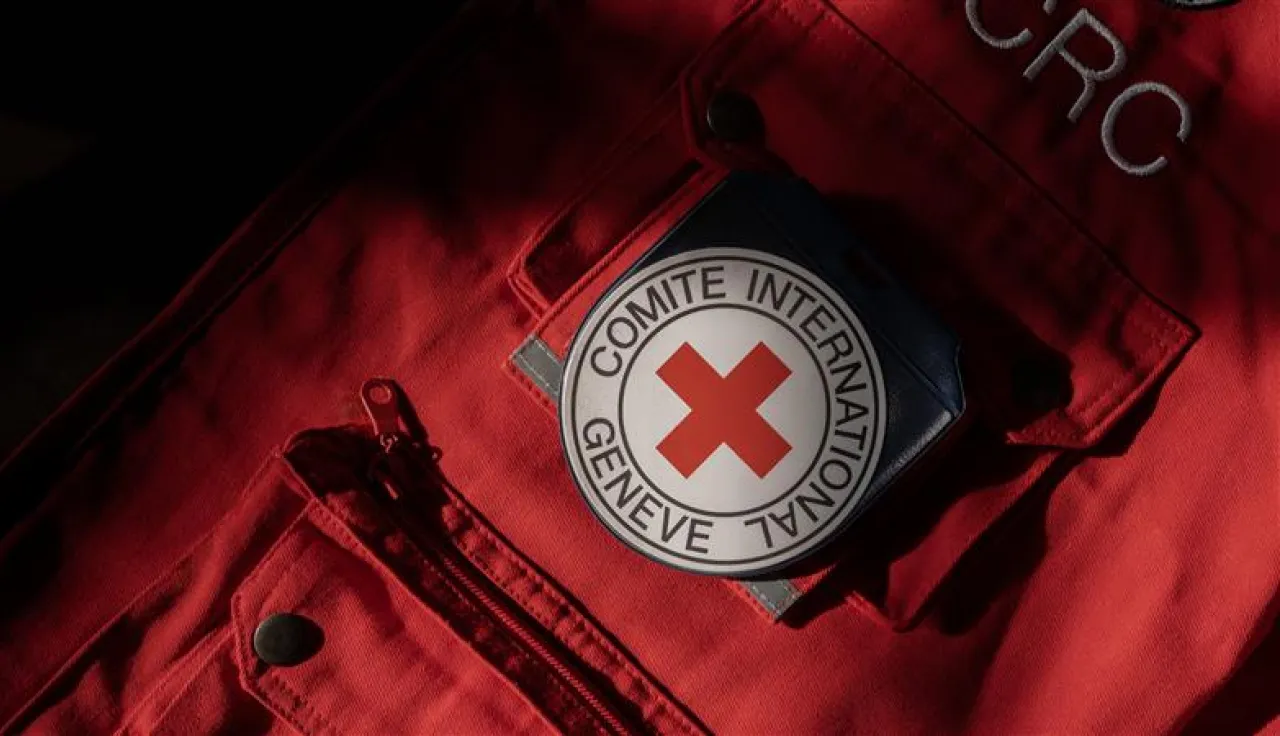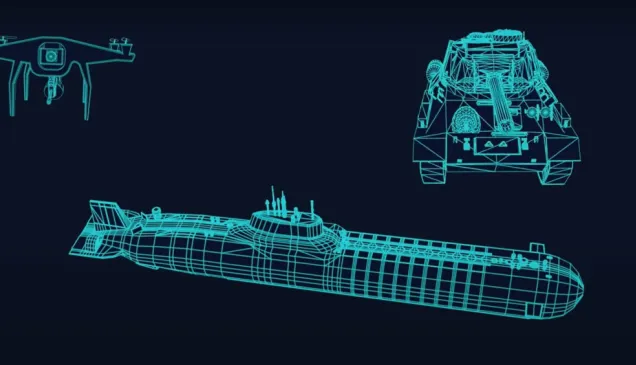Chair,
Since 2008, the International Committee of the Red Cross (ICRC) has followed with interest the work of the International Law Commission on the protection of persons in the event of disasters (PPED) and looks forward to observing the forthcoming negotiations on a new legally binding instrument.
The ICRC would like to make two remarks. The first concerns the need to preserve a clear distinction between this potential new instrument and international humanitarian law (IHL). The second translates this distinction into proposed language that can ensure this clarity in practice.
The proposed treaty will address issues relating to humanitarian access and assistance and will establish a new legal framework for humanitarian action in disasters, which is necessarily distinct from the regime that already exists under IHL for situations of armed conflict.
It is important that these two legal frameworks remain clearly delineated, to avoid uncertainty in contexts where the new rules might overlap with the well-established rules of IHL.
Indeed, disasters may occur in a territory where there is an armed conflict. Or an armed conflict may occur while the effects of a disaster are still being felt. Multiple actors, including impartial humanitarian organizations, may need to respond to different needs under different legal frameworks.
IHL was precisely designed to regulate humanitarian action in armed conflict, with rules carefully crafted to meet the specific realities of conflict and allow and facilitate humanitarian activities in such situations. Existing IHL rules thus apply in all situations with a nexus to armed conflict, including when a disaster also occurs.
The different modalities for disaster assistance, in practice and as would be set out in the proposed treaty, are tailor-made for disasters. The co-existence of these two different sets of rules in the same context presents a risk that undermines the effectiveness of both.
In all situations with a nexus to armed conflict, humanitarian access and activities must remain regulated by IHL, as the framework designed to ensure effective humanitarian action in conflict.
For this clarity to be achieved, two points in the Draft Articles are crucial:
First, armed conflict should be explicitly excluded from the definition of “disasters” in Draft Article 3, addressing concerns also raised by a number of states, and as proposed by the International Federation of Red Cross and Red Crescent Societies.
This is the simplest and clearest way to ensure that the future instrument applies to all situations of disaster, while avoiding overlaps or potential clashes between the potential treaty and IHL.
Second, Draft Article 18(2) is clear and must be retained, as it affirms that the draft articles do not apply where the response to a disaster is governed by IHL. As recognized by the International Law Commission, IHL applies as lex specialis in complex emergencies where disasters occur in the context of armed conflict.
Chair,
The ICRC stands ready to engage with Member States to support them as they negotiate the draft articles on the protection of persons in the event of disasters into a legally binding instrument.
Thank you, Chair.




